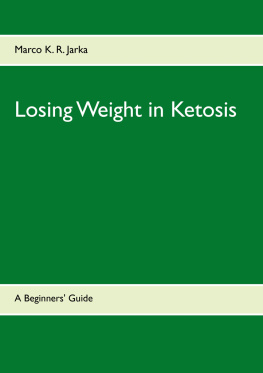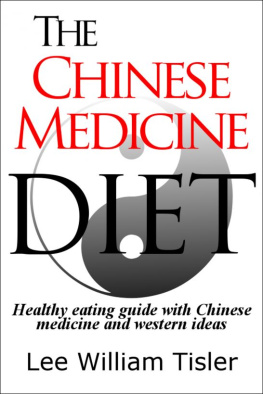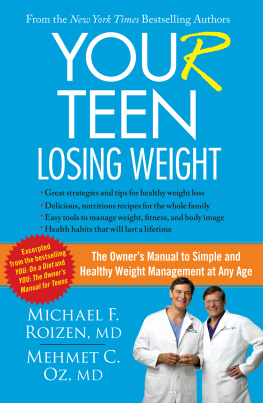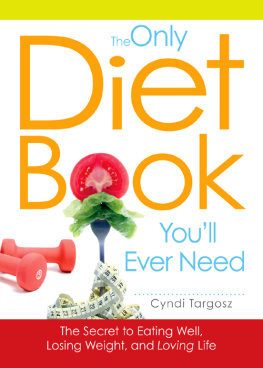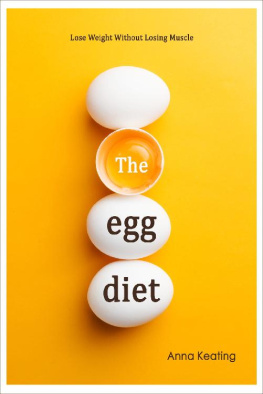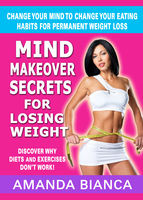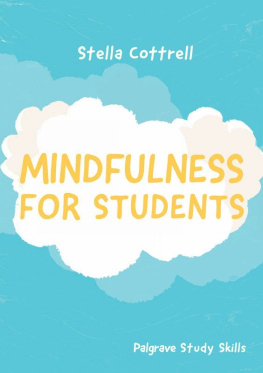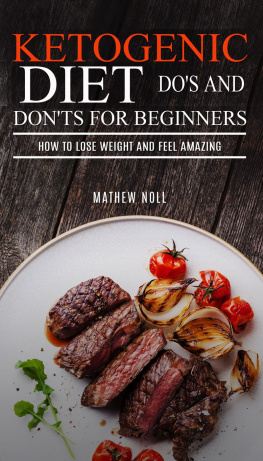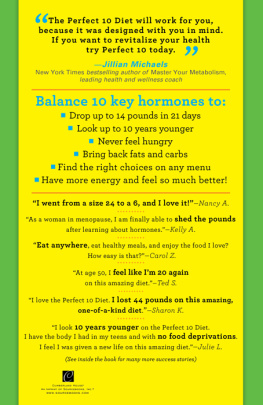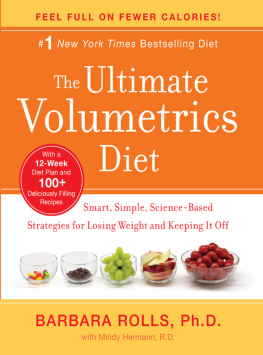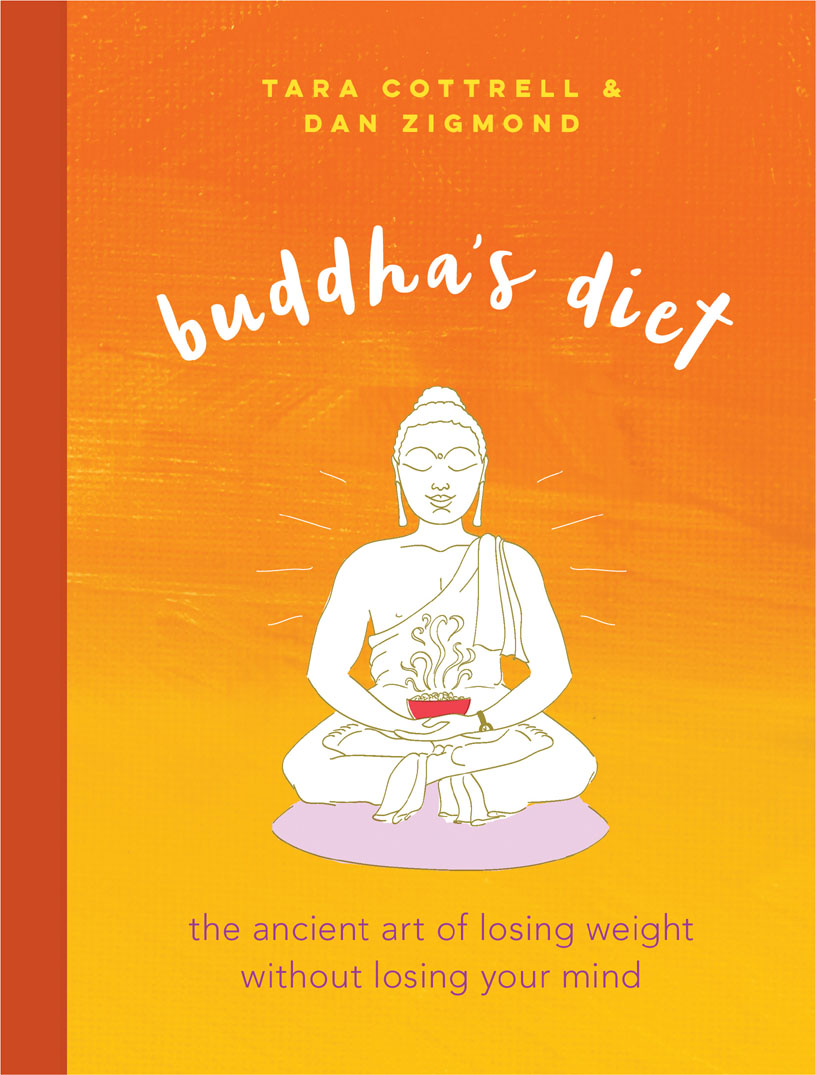Table of Contents
Guide


SOME LOVELY PEOPLE HELPED MAKE THIS BOOK POSSIBLE. First, we are grateful to our families who offered encouragement and support. Our thanks also go to our friends Dr. Matthew Baggott, who first introduced us to the scientific literature on time-restricted diets, and Jennifer Wright, who shared her own insights into diet and nutrition. Thanks to Dr. Mark Mattson for reading an early draft of our book and providing us his sage advice. Were grateful to Laura Dail, our agent, who championed the book from its earliest beginnings as a 5-page draft, and Jennifer Kasius, our editor at Running Press, who shepherded it into the form you hold now. Their excitement has been contagious.
This book would not have been possible without Dr. Satchin Pandas groundbreaking research at the Salk Institute. Not only were his findings invaluable, but the kindness and generosity he extended to us were above and beyond. And finally we thank Buddha, who figured all this out a long time ago, and inspired us each along the way.
About the Authors
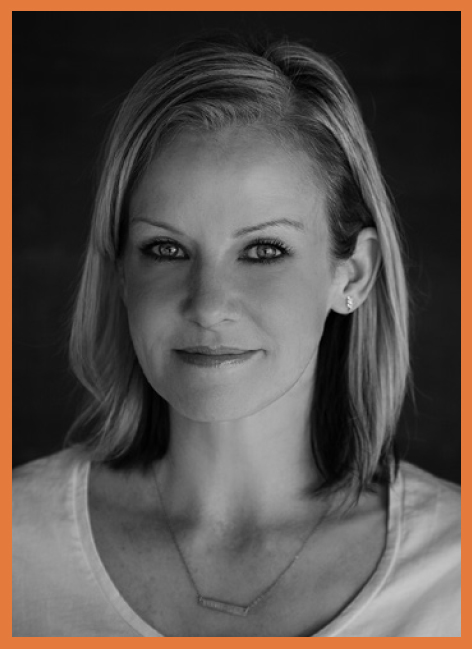
Tara Cottrell is a writer, digital strategist, and mom. She consults and writes for lifestyle and wellness brands in Silicon Valley and is an advocate for at-risk youth. She is currently the web content manager at Stanford Universitys Graduate School of Business. When shes not working, writing, or parenting, shes shoe shopping. She lives in Palo Alto, CA.
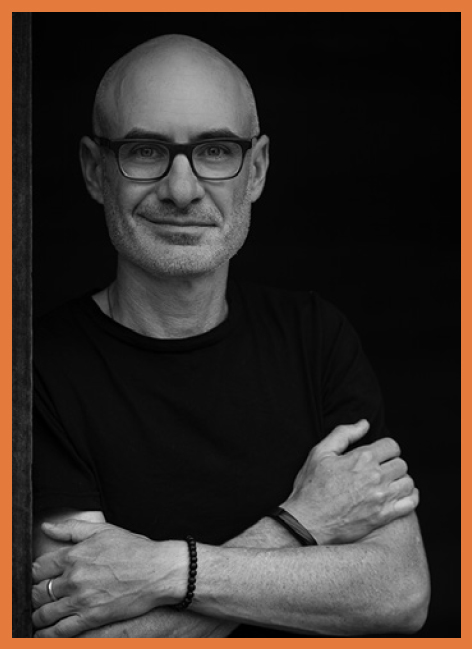
Dan Zigmond is a writer, data scientist, and Zen priest. He is Director of Analytics at Facebook, and advises startups and venture capital firms about data and health. He is a contributing editor at Tricycle, the largest Buddhist magazine in North America, and teaches at Jikoji Zen Center, a small Buddhist temple in the Santa Cruz mountains. In May 2015, he was named one of 20 Business Geniuses You Need to Know by Wired magazine, as he frequently reminds his kids. He lives in Menlo Park, CA.

PEOPLE HAVE BEEN TELLING EACH OTHER WHAT TO EAT for thousands of years. Most of the major religions around the world include some sort of dietary restrictions. Islam prohibits pork. Orthodox Jews refrain from mixing milk and meat. Catholics avoid certain foods during Lent. Some devout Hindus dont just eschew eating animals, but also shy away from certain root vegetables because harvesting them kills the plant.
Back when Buddha laid down rules for his followers, he didnt follow this pattern. In the West we often assume that Buddhists are vegetariansand certainly some of them arebut thats not generally the case. Nothing in the original Buddhist scriptures prohibits eating meat, and there are many ancient stories of the Buddha and his first disciples eating all kinds of food. Some people are surprised to learn that even His Holiness the Dalai Lama eats meatand grew up eating almost nothing else, since very few plants grow well in the harsh altitudes of Tibet. To this day in most of Asia, Buddhist vegetarians are the exception, not the rule.
In fact, although he gave incredibly detailed instructions on things like where his monks could sleep and what they could wear, the Buddha said very little about what his followers could or couldnt eat. On the contrary, tradition stated that monks should eat whatever was offered to them. In much of Southeast Asia, saffron-robed monks can still be seen making their alms rounds every morning, and then eating whatever their generous neighbors put in their begging bowls.
The one strict gastronomic rule the Buddha prescribed was that monks should avoid what he called untimely eating. Specifically, they should eat only between dawn and noon. Afternoon and evening eating was strictly prohibited. The Buddha didnt care too much what monks ate, but he cared a lot when they ate it.
This may sound like an odd and nitpicky restriction, but Buddha clearly meant it seriously. When he later boiled down the 227 rules he had made for monks into a sort of top-ten list for novices in training, the first few were the ones you might expectrules like no killing and no stealing. But his funny dietary restriction also made the cut.
The Buddha gave a few different explanations for this seeming obsession with meal schedules. But one of his clearest was this:
Monks, I do not eat in the evening. Because I avoid eating in the evening, I am in good health, light, energetic, and live comfortably. You, too, monks, avoid eating in the evening, and you will have good health.
Fast-forward to 2014, when Dr. Satchidananda Panda and his team of researchers at the prestigious Salk Institute for Biological Sciences in California published a fascinating study on obesity in mice. They took one group of mice and instead of their normal chow, they offered them a diet of high-fat, high-calorie foods, and let them eat as much as they wanted. The results would surprise no one: the mice got fat.
Then they took another group of mice and offered them exactly the same seemingly unhealthy diet, but this time they only let the mice eat for nine to twelve hours each day. During the rest of the day and night, the mice got only water. In other words, these mice had the same all-you-can-eat buffet of tasty, fattening treats for most of their waking hours. The one rule was that they could only stuff themselves during some of their waking hours.
The scientists called this time-restricted feeding, and well go into a lot more detail about the study in the chapter Eating Like a Mouse. But for now, suffice it to say that this time, the results were a surprise: none of these mice got fat. Something about matching their eating to their natural circadian rhythms seemed to protect the mice against all that otherwise fattening food. It didnt matter if they loaded up with sugars and fats. It didnt seem to matter what the mice ate, or even how much of itonly when they ate it.
Somehow Buddha and the biologists had come to roughly the same conclusion.
While much of the world still worries about starvation and malnutrition, here in the United States and other wealthy countries, obesity is a far greater concern. In many ways, this is an achievement. Most of us no longer fear wasting away after a bad drought or poor cropfears that plagued humanity for most of history and still do in too many other places. Instead we live like the happy but unfortunate mice in that first experiment, surrounded by cheap, delicious food that we consume whenever we want.
Yet this blessing has become a curse. The health risks of obesity have become well known, but a few bear repeating: heart disease, high blood pressure, diabetes. We are literally eating ourselves to death.
As if that wasnt enough, there are real financial costs, too. Researchers at George Washington University estimated in 2010 And thats the annual cost. Much of this is from higher medical bills for all the obesity-related health issues. Another big chunk is from missing work due to those same health issuesand eventually from premature death.
Next page

